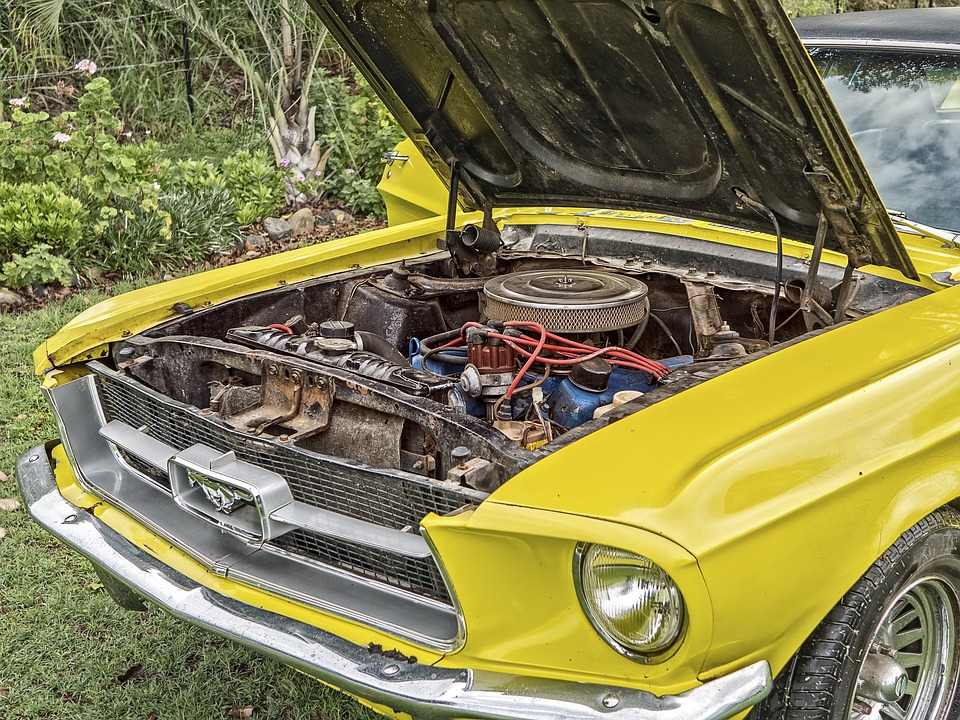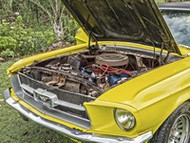Common Causes of Engine Overheating
29th Jun 2016

Engine overheating is a serious problem that, if not addressed, can lead to costly damage in the form of a cracked engine block or blown head gasket.
Radiator Cap
Cross your fingers and hope this is the cause of your engine's overheating, because it's the cheapest and easiest fix. The radiator cap is designed to seal the radiator, allowing pressure to build up within the vehicle's cooling system. If it fails to create an air-tight seal, however, pressure will reduce, which in turn lowers the boiling point of coolant while subsequently rendering it ineffective at cooling the engine.
Thermostat
The thermostat acts as a valve, opening and closing to either allow or prevent coolant to enter the engine. It performs this operation by measuring the temperature. When the engine becomes hot, the thermostat's valve opens. But it's not uncommon for old, worn-out thermostats to remain stuck in the closed position, restricting coolant from reaching the engine.
Radiator
Of course, another possible cause of engine overheating is a faulty radiator. Featuring fines and tubes, the radiator blows heat away from the engine. If it's cracked, it could leak coolant, making it ineffective at cooling the engine.
Hose
There are several hoses used in a typical automotive cooling system through which coolant flows. Normally, these hoses withstand countless years of use, showing no signs of damage. But there's always a chance of a hose rotting, cracking or otherwise breaking, causing it to leak coolant.
Fan
Radiators have fans to help blow lower the temperature of coolant. If the fan fails, however, it can lead to overheating. You can often diagnose a malfunctioning fan simply by listening. If you hear it wobbling, or if you don't hear anything at all, there's a good chance that it has failed.
These are just a few possible causes of engine overheating. If you discover your engine is overheating while driving, pull over immediately and wait for it to cool down to reduce the risk of serious damage. Do NOT attempt to open the radiator cap if your engine is hot. Coolant is pressurized, and removing the cap while hot could spray scalding-hot coolant over you. Many people have sustained serious injury from doing this, so leave the radiator cap on until the engine has cooled.

